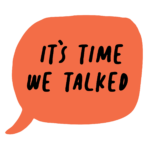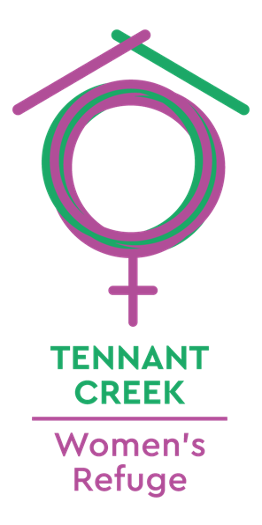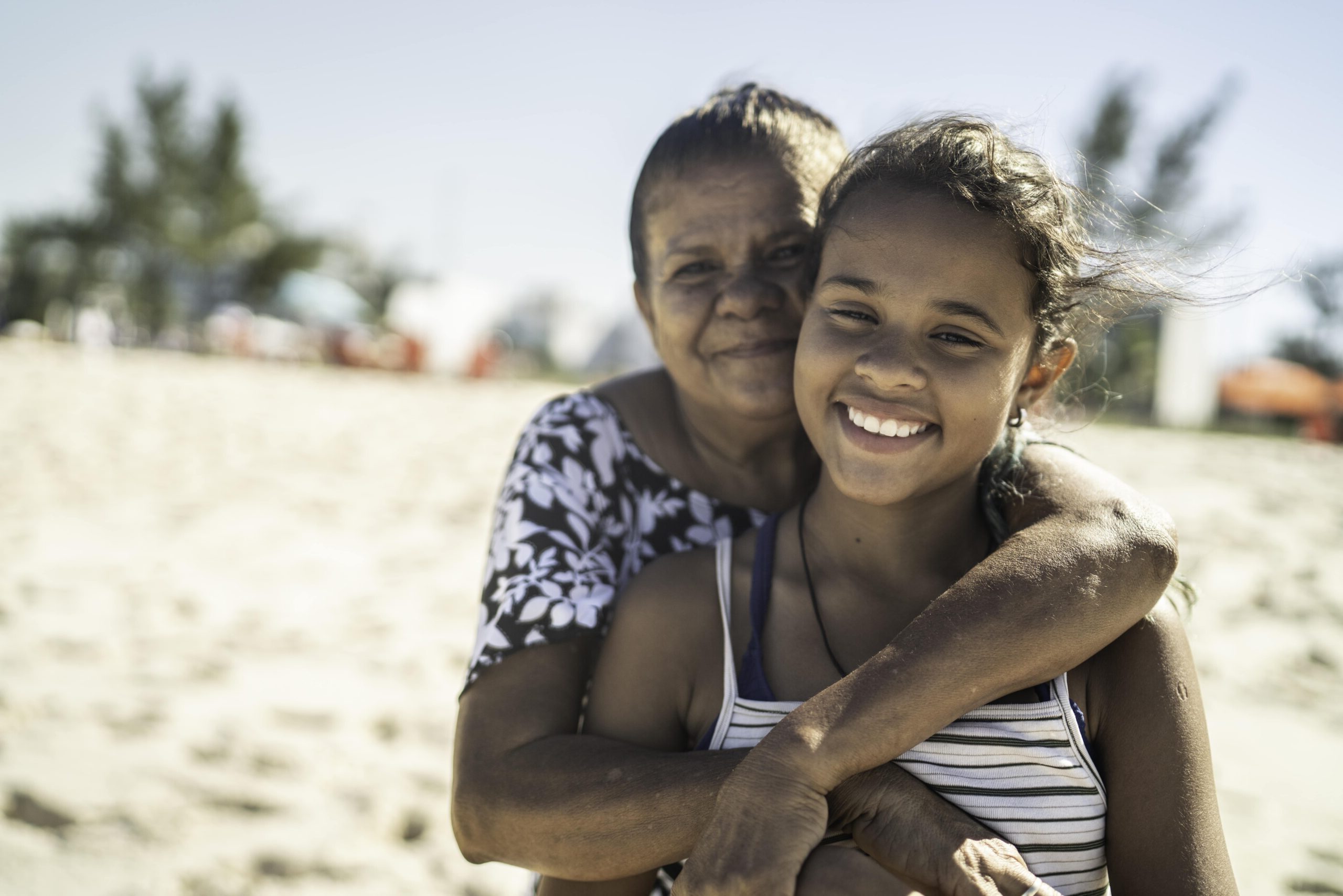
About Talking Respect
Who created Talking Respect?
The Talking Respect project grew out of a long-standing collaborative relationship between Maree Crabbe from It’s Time We Talked and Women’s Safety Services of Central Australia (WoSSCA). Talking Respect was developed by Maree Crabbe with the support of WoSSCA, the Tennant Creek Women’s Refuge, and Territory Families. David Corlett made significant contributions to the development of the Talking Respect conceptual framework and to the facilitator manual. Jane Lloyd, Rachel Neary and Maree Corbo also made important contributions to the facilitator manual and to the project more broadly.
The Talking Respect videos were produced by Lucid Productions. The animations in Talking Respect were created by One Day Studios and Clint Curé.
Importantly, Talking Respect was developed through consultations with a wide range of organisations in Alice Springs and Tennant Creek, and with the input of a diverse group of generous and creative young people.
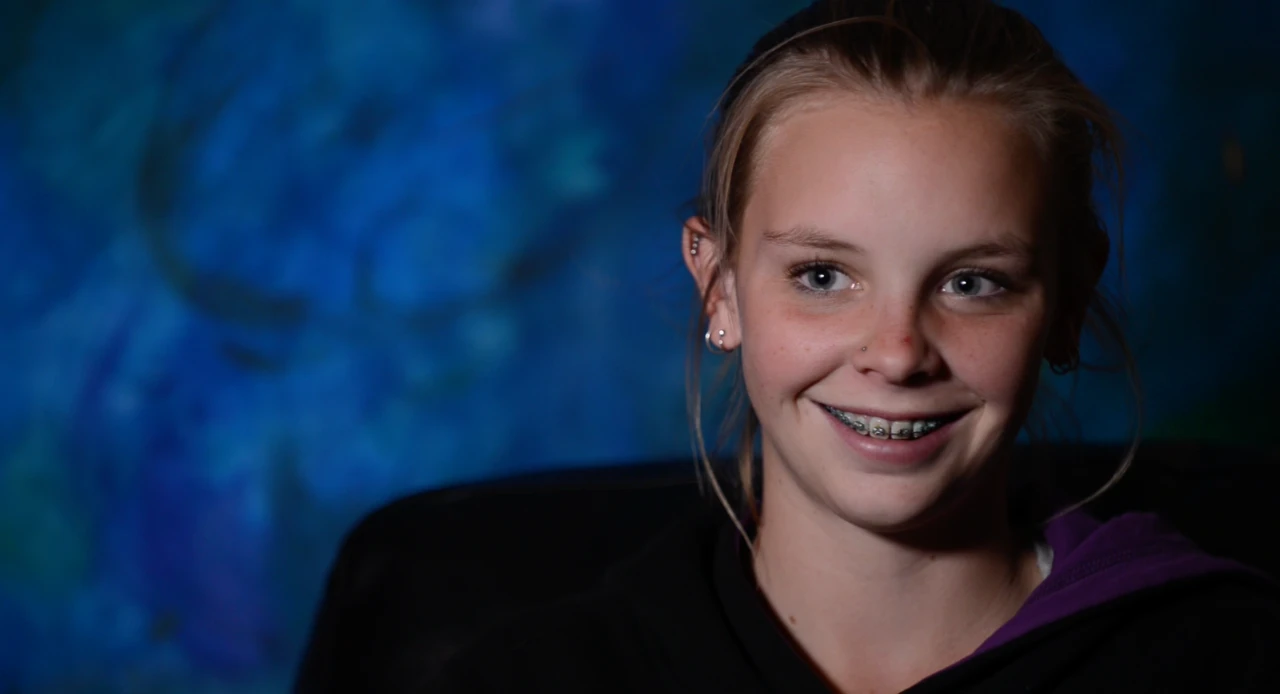
A big thank you
To all the young people who were involved in the development of Talking Respect. We appreciate your openness and generosity.
A special thanks to all the young people who were filmed for this project – those who appear in the final videos and those who do not.
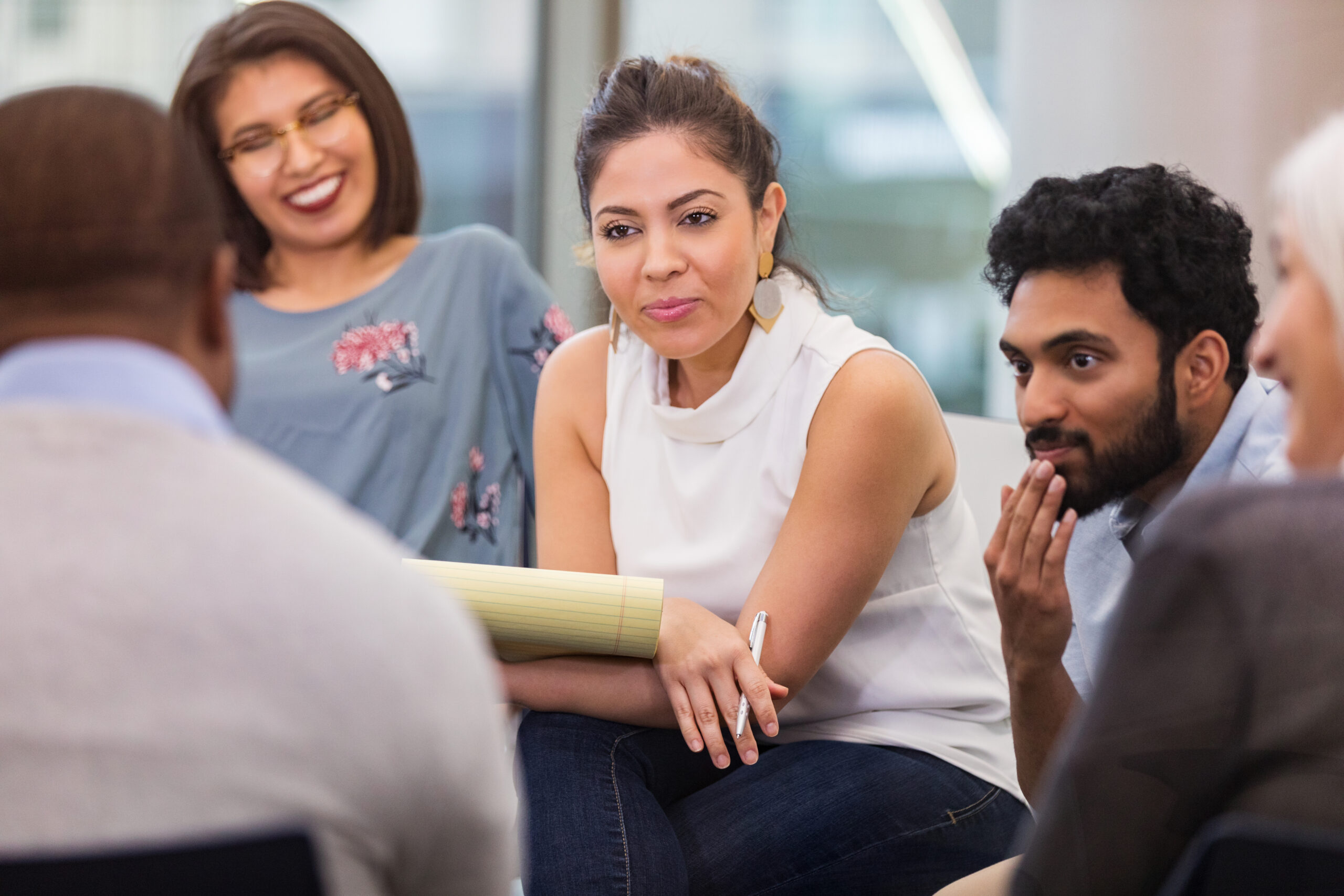
Who is Talking Respect designed for?
The Talking Respect resource package has been developed for use by teachers, youth workers, health workers, community workers, counsellors and other professionals who work with young people. It is suitable for use in schools and community settings. The activities it contains are designed for use with young people aged 12 to 20. The facilitator manual includes notes about how the resources may be adapted for use with different age groups and in diverse settings.
Talking Respect can also be adapted for use in therapeutic contexts. Given the sensitive nature of the issues with which it deals, use in such contexts, whether with individuals or groups, requires highly skilled therapists.
What themes does Talking Respect address?
The themes addressed in talking respect include:
- healthy and unhealthy relationships
- gender stereotypes
- pressure and consent
- jealousy
- relationship violence
- the sharing of nudes
- social media
- the influence of pornography
- getting support
Some of these themes are sensitive and challenging. But they impact young people’s lives and experiences, and therefore are important themes to talk about.
It is critical that facilitators using Talking Respect have a good understanding of the ways in which young people’s experiences of trauma can impact on their learning and, particularly, on their experiences of education addressing sensitive topics which may trigger traumatic memories. This is discussed in more detail in the facilitator manual.
Before using the resources with young people, it is important that you take time to read the manual and carefully consider how Talking Respect may best be used in your community.

